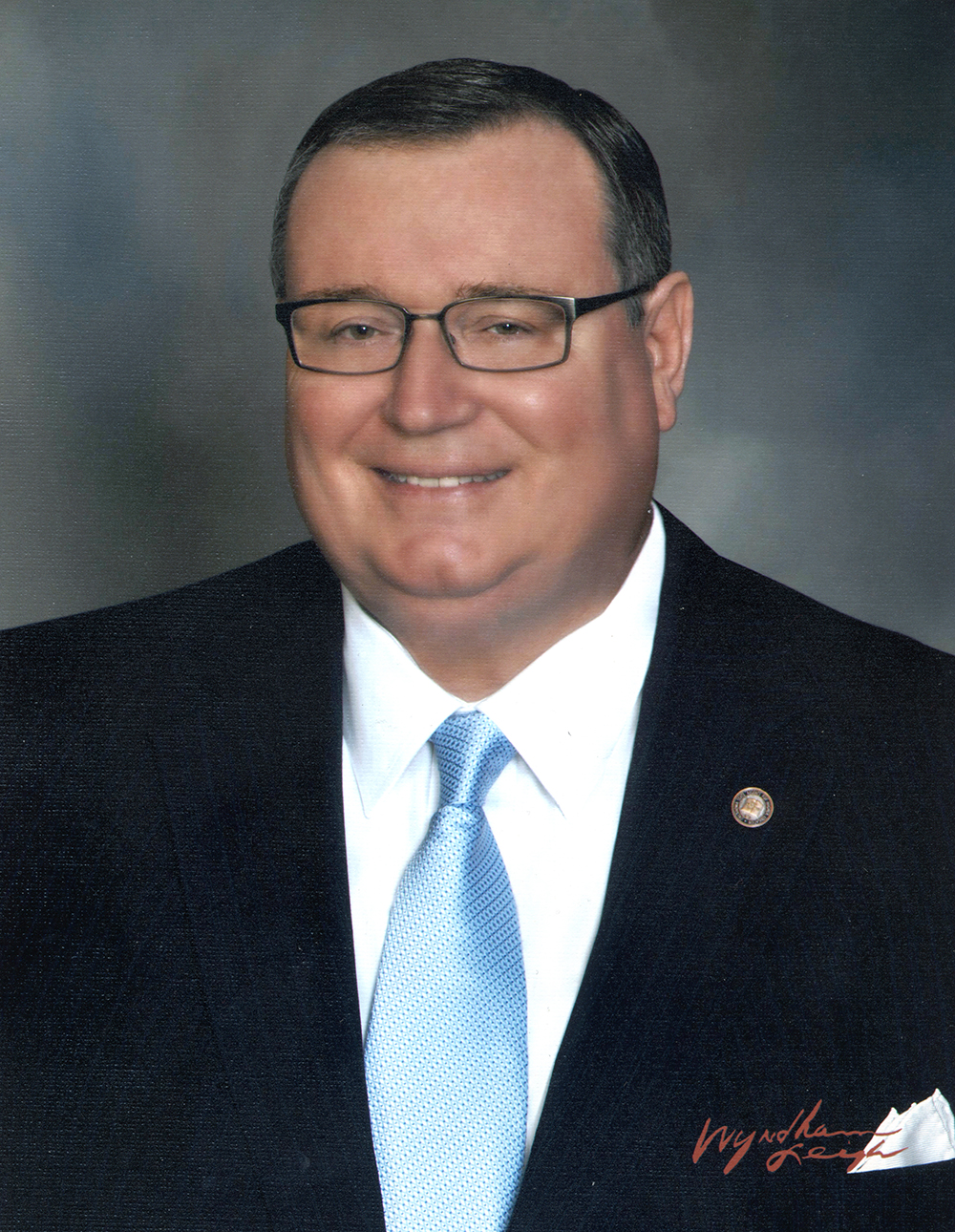State Regent for Higher Education presents legislative agenda

 A smaller higher education budget, increased enrollment numbers and comparatively low student debt are a few topics Oklahoma State Regents for Higher Education (OSRHE) Chancellor Glen D. Johnson addressed in the OSRHE legislative agenda on Monday, Dec. 14 in the College Union.
A smaller higher education budget, increased enrollment numbers and comparatively low student debt are a few topics Oklahoma State Regents for Higher Education (OSRHE) Chancellor Glen D. Johnson addressed in the OSRHE legislative agenda on Monday, Dec. 14 in the College Union.
He said while many other states are turning to tuition increases to alleviate some of the budget cuts, Oklahoma’s tuition has not faced tremendous increases.
“This is an example of where the national story and the Oklahoma story are much different,” he said. “The media reports that California and Illinois, Georgia, Arizona, have double-digit increases in tuition.
“That’s not the case in Oklahoma. Over the last eight years our average tuition and fee increase has been at 4.5 percent,” he said.
Johnson said the national tuition average per year is $17,474 while Oklahoma’s average is $13,005. He said with over 70,000 students in the state who have 72 credit hours or more towards an incomplete degree, adult education completion needs to become a focus for this year.
College debt is another issue in which Oklahoma’s numbers are staggering compared to the national record, Johnson said.
Forty-five percent of Oklahoma graduates graduate without student debt and of those who graduate with debt, the debt is 30 percent lower than the national average.
He also said Forbes rated Oklahoma second in the nation for graduates to locate post-recession.
Science, Technology, Engineering and Mathematics degrees have seen a 28 percent increase in the last five years, and Oklahoma ranks 16th in the nation in STEM job growth, Johnson said.
Senator David Holt spoke at the end of the presentation, agreeing that Oklahoma needs to continue to invest in higher education.
“There is stone-cold fact that your income is going to rise based on your education level,” he said. “Very few facts in politics are so absolute and that’s something we have to continue to encourage.”
Johnson said the state appropriations for higher education in FY 2016 is $963,412,106 and it is the same amount higher education will request for FY 2017.
“The objective data shows that higher education generates, quite frankly, a better return on investment than any other investment,” he said. “We know our work in important work that opens doors for students, it builds their careers and changes their lives.”
For more information on the OSRHE Legislative Education, contact Johnson at 405-225-9100.